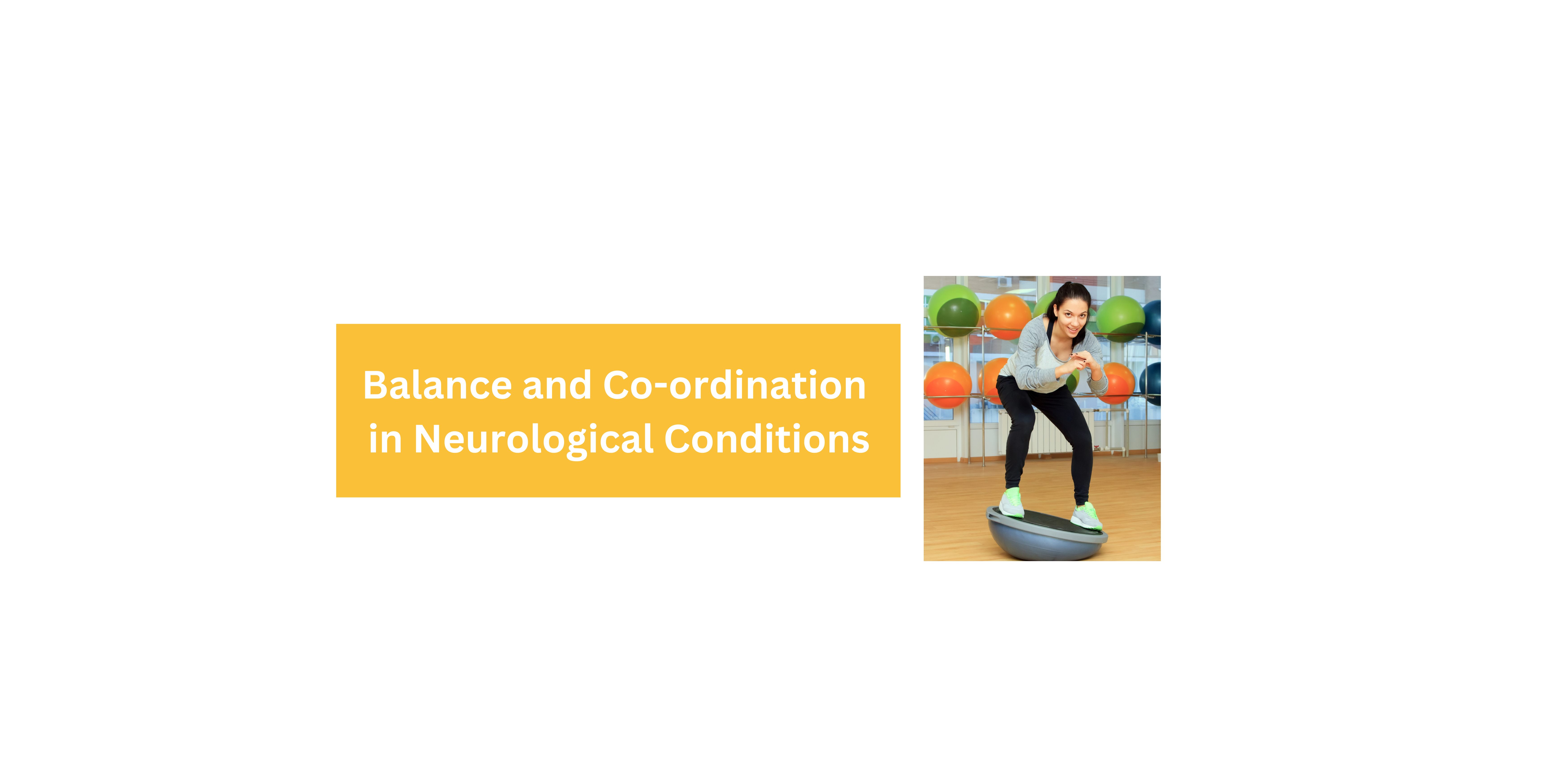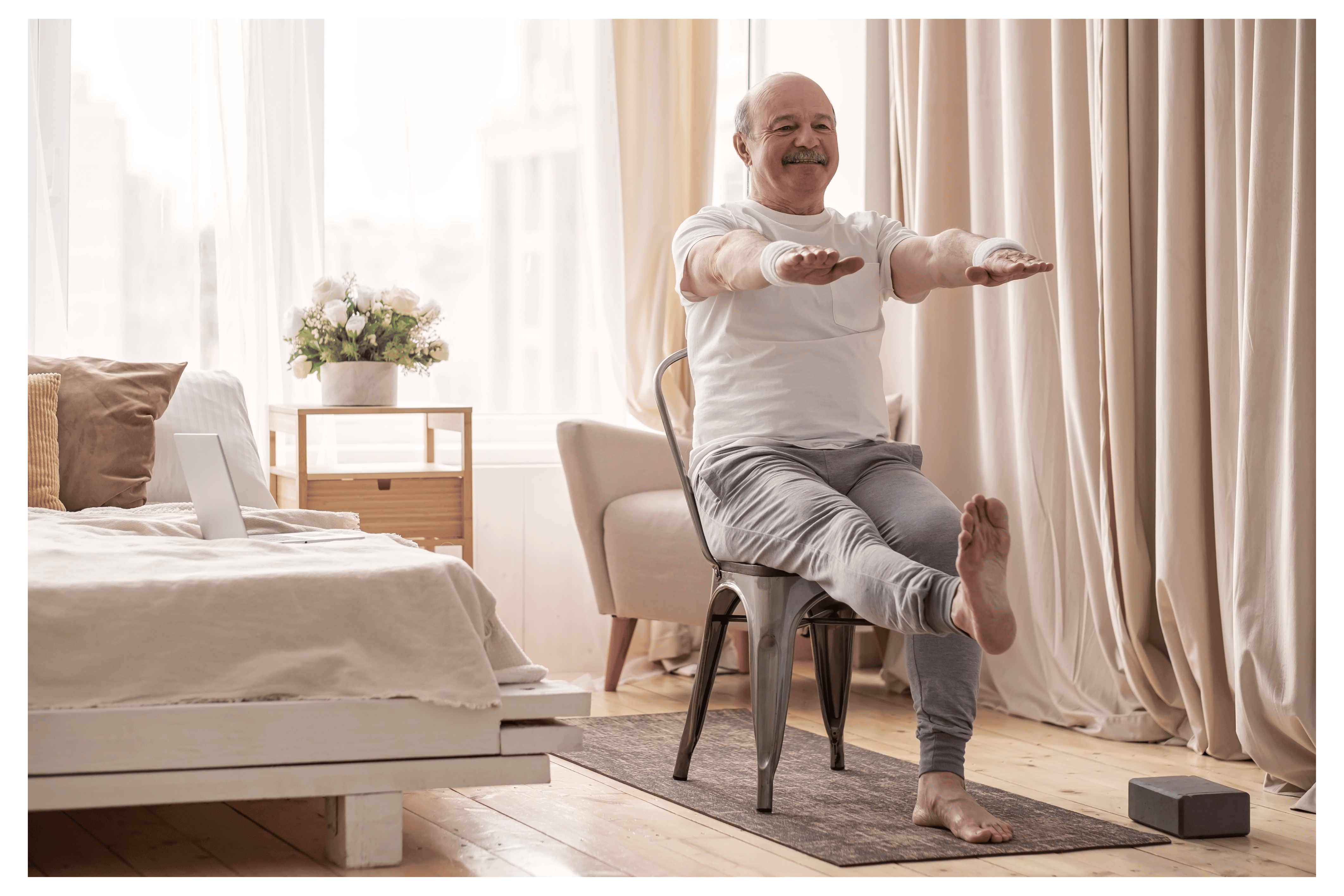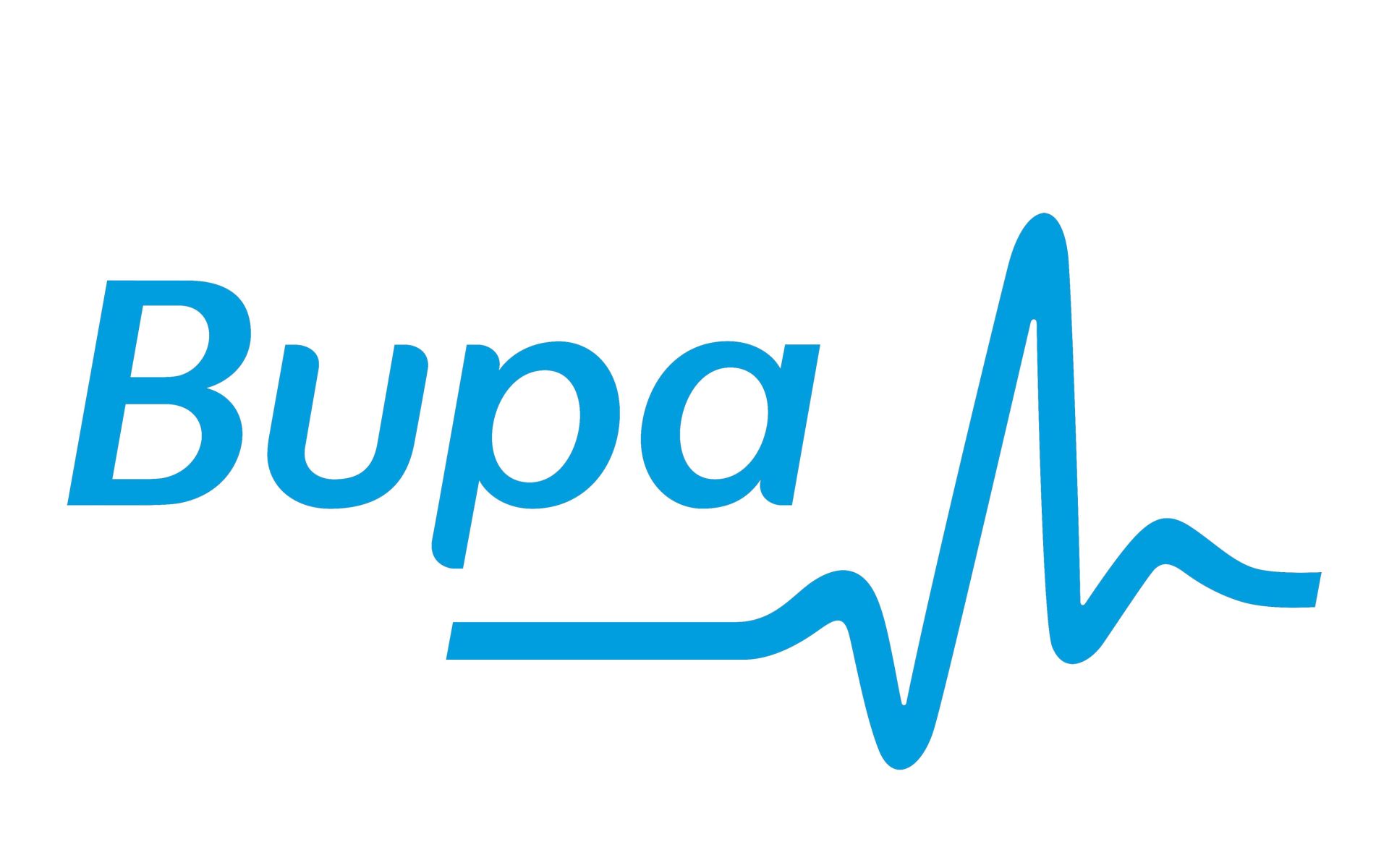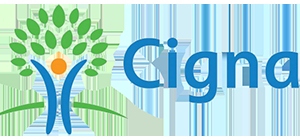Note: This makes all sizes equal and could alter the website layout.
Red:
Green:
Blue:
Red:
Green:
Blue:
Balance and coordination are essential for almost every movement we make, from walking across a room to reaching for a glass. For many people living with neurological conditions, these abilities can be affected, making daily activities more challenging and increasing the risk of falls. At PhysioFunction, we understand how crucial it is to restore, improve and/or maintain these skills, and we offer specialist rehabilitation tailored to each client’s needs.
Why Balance and Coordination Are Affected
Neurological conditions such as stroke, multiple sclerosis (MS), Parkinson’s disease, brain injury, or spinal cord injury can disrupt the messages between the brain, nerves, and muscles. Damage to areas of the brain such as the cerebellum or pathways within the nervous system can affect:
Symptoms can include unsteadiness, dizziness, difficulty judging distances, or clumsy and inaccurate movements. Even simple tasks like standing from a chair or carrying a drink can become more difficult without these functions working smoothly.
The Role of Rehabilitation
The good news is that the brain and body have the capacity to adapt through neuroplasticity - the ability of the nervous system to reorganise and form new pathways. With the right therapy, repetitive practice, and targeted exercises, balance and coordination can improve, even years after the onset of a neurological condition.
At PhysioFunction, our approach begins with a detailed assessment to understand your unique challenges and goals. From there, we design a personalised programme that uses evidence-based techniques to rebuild stability and control.
How PhysioFunction Can Help
Our therapies for balance and coordination target the underlying systems that control movement, including the visual, vestibular (inner ear), and proprioceptive (body awareness) systems. We use a wide range of interventions, such as:
Improving balance and coordination isn’t just about exercise. it’s about confidence. Fear of falling can limit activity and slow progress. That’s why our team also focuses on building self-assurance, teaching strategies to manage challenges, and encouraging gradual progression in a safe environment.
Whether you want to walk more steadily, return to a favourite activity, or simply feel safer moving around at home, PhysioFunction’s neurorehabilitation specialists can help. By combining expert assessment, tailored exercise programmes, and innovative technology, we support you in regaining control, maximising independence, and quality of life.






